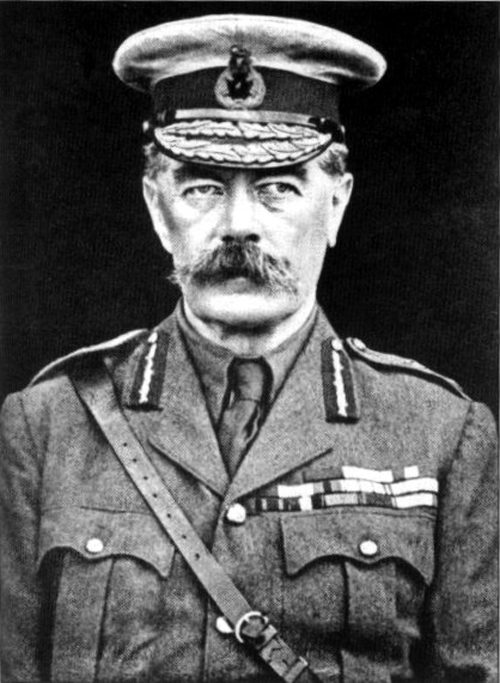The snobbery of chronology: In defence of the generals on the Western Front
Historian article

Faced with the testimony of the huge casualty lists of the First World War, the desperate battles of attrition, the emotive evidence of the seemingly endless cemeteries and memorials, the moving war poetry of men such as Owen and Sassoon, and the memoirs of those who fought, it is not surprising that, what Gary Sheffield calls the ‘British national perception' is one of a futile war typified by deception, unnecessary slaughter, pointless sacrifice, and ‘lions led by donkeys'. AJP Taylor echoed this with his assessment:
‘brave, helpless soldiers; blundering, obstinate generals; nothing achieved'.
The fourth series of Blackadder, made in the 1980s, reinforced it, and was simply updating previous stereotypes, such as that of the musical Oh! What a Lovely War in the 1960s. There remains a grim fascination with the Great War; indeed the appearance of visitors' centres at Tynecot, Vimy, and Thiepval in recent years suggests it may be growing, as does the interest in recent television programmes on the war and the last remaining soldiers of it. Partly it's perhaps because the idea of so many men dying for such little territorial gain is anathema to our twentyfirst century minds. ‘What was the point?' is a common question when discussing the war today. Lastly, because the 1914 brand of patriotism is so different from our own, it is easy to portray the soldiers as naïve and innocent victims, tricked into joining up, and then cruelly betrayed by their leaders. All of this quickly leads on to the question of blame, and the generals are an easy target. In the egalitarian world of today, the idea of an oppressive class structure in which incompetent, upper class staff officers were waited on...
This resource is FREE for Historian HA Members.
Non HA Members can get instant access for £2.75

